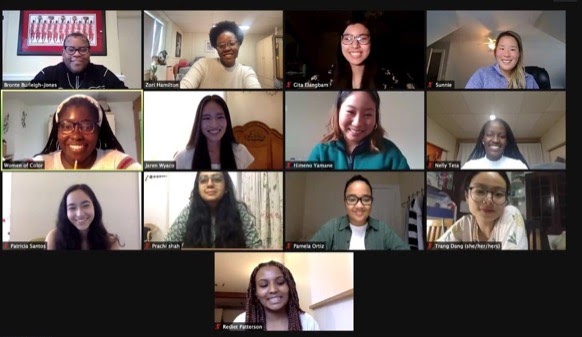Nuisance law in Village of Groton held unconstitutional
As the Village of Brockport debates proposed public nuisance legislation (Points and Penalties) for all private properties in the village – residential, commercial and industrial – New York State Supreme Court, Appellate Division, Third Judicial Department, has held that the Village of Groton’s Property and Building Nuisance Law (passed by the Groton Board of Trustees in April 2014) is unconstitutional on First Amendment grounds.
In their decision, justices stated that the Groton Nuisance Law, “has a chilling effect upon tenants’ exercise of their First Amendment right to petition the government, in that it penalizes them for doing so by using their constitutionally protected activity as a basis for identifying their homes as public nuisances.”
The decision sites several instances where the Groton Nuisance Law had been applied and resulted in the assessment of points against properties because tenants called for police assistance, even in situations where the tenants were victims rather than perpetrators.
“Points were assessed when a tenant called police to report that his apartment had been broken into and items had been stolen… the record further reveals that points have been assessed when tenants requested police assistance in noncriminal circumstances, as when tenants asked police to mediate in verbal disagreements…,” the decision states.
Groton’s Building Nuisance Law extends to every “building, erection or place,” in the village. Justices ruled that as such, “Its deterrent effect upon the exercise of the right to petition for redress of grievances potentially extends to every Village property owner, any of whom could lose their homes or businesses under the plain text of the Nuisance Law if they call law enforcement to request assistance or report a crime,” the decision states.
Brockport Mayor Margaret Blackman told the Suburban News June 19, that the village attorney had provided her with a copy of the decision, but at that point, she was not in a position to offer a knowledgeable statement on it.
“We will be meeting with our attorney (regarding) this and get his interpretation and recommendations,” Mayor Blackman said. “My quick impression is that Groton’s Nuisance law was much broader in scope than our proposed law. Nonetheless, the issue of the violation of constitutional rights in any such laws is a concern.”






